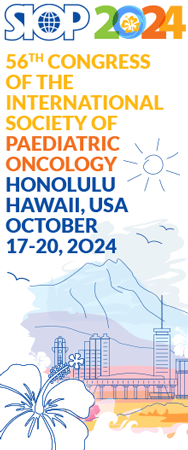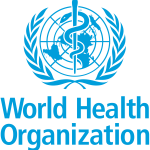Dr. Jaffe started his career in pediatric oncology at the Sidney Farber Cancer Institute, later designated the Dana Farber Institute. He successfully treated Senator Ted Kennedy’s son for osteosarcoma and was successful in obtaining federal funds for his research. He joined MD Anderson Cancer Center in 1978 as Chief of the Solid Tumors Section in Pediatrics. He served as Chief of the Pediatric Outpatient Clinic from 1992-1994 and Chief of the Long-Term Surveillance Clinic for Pediatric Patients Cured of Cancer from 1996-2000. He retired in 2006 and held the title of Professor Emeritus of the Children’s Cancer Hospital at MD Anderson Cancer Center.
An ICON in pediatric oncology, Dr. Jaffe was an exceptional physician, researcher and mentor. He was not only a brilliant clinical scientist and GIANT in his field but also an extremely humble, kind and caring person. His healing power and seminal contributions to pediatric oncology saved the lives of children with cancer treated at the Children’s Cancer Hospital and around the globe. His unsurpassable wisdom, devotion and kindness have inspired and positively impacted the lives of many. He did that in many ways, by being a superb doctor, providing input about managing challenging cases, leading novel discoveries, peer review of research work, empowering his mentees, or giving advice about career and life in general.
Dr. Jaffe believed in total care for pediatric patients and their families and embraced attention to the health, psychological aspect and welfare of the patient and the family unit. His pioneering work with using chemotherapy and high-dose methotrexate to treat osteosarcoma led to reducing the death rate from this cancer and saving the lives of osteosarcoma patients worldwide. An example of his interest in treating the whole patient, not just the disease, is his establishment of the Rehabilitation Ski Trip, which grew to encompass not only amputees but also survivors with visual and movement challenges related to their cancer and its treatment. Patients received specialized ski training and learned that not only can they do most things as well as their peers without cancer, “but some things even better.”
Dr. Jaffe’s tremendous contributions and dedication to family-centered, multidisciplinary care were essential to advancing childhood cancer treatment and quality of life for patients with cancer as the hope for greater survival rates became a reality during his tenure. He will be missed immensely, but his life and career will continue to inspire us as we build on the important foundation he established for outstanding childhood cancer care.
May his legacy continue to guide our efforts to improve cancer care.
Najat Daw, MD






